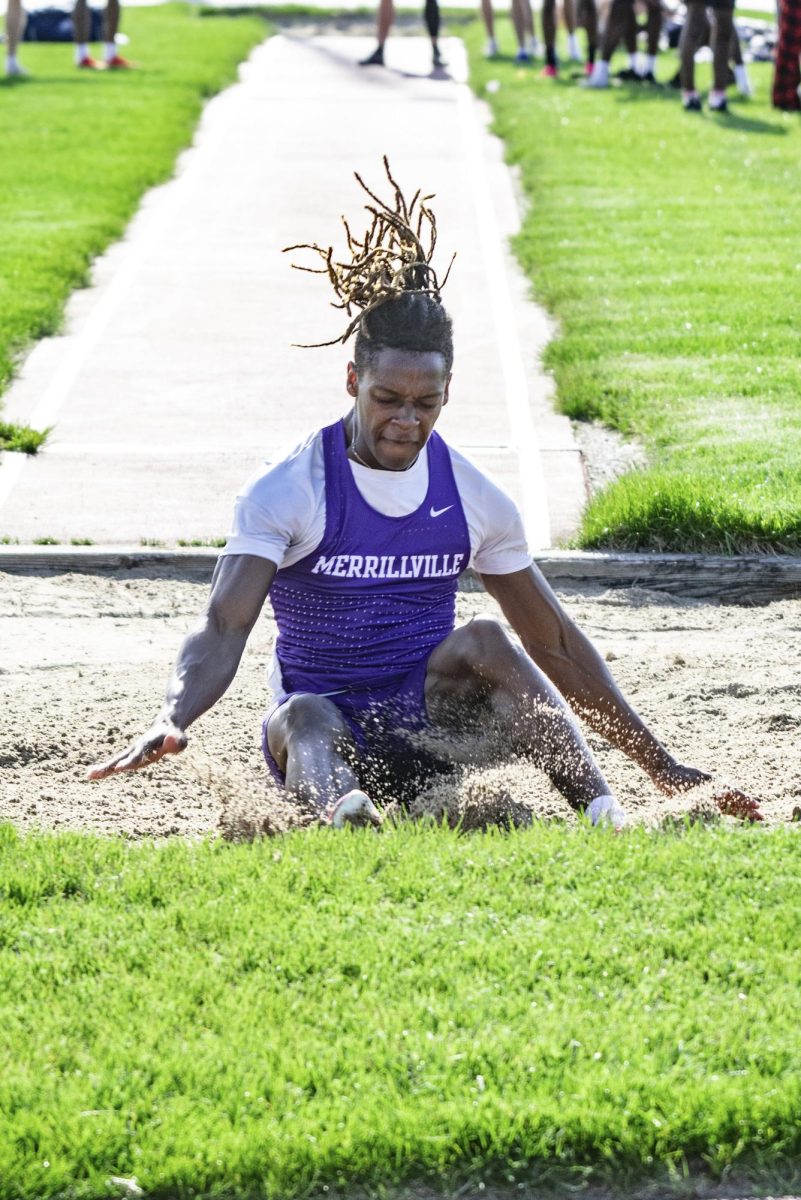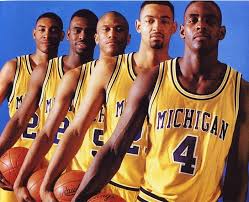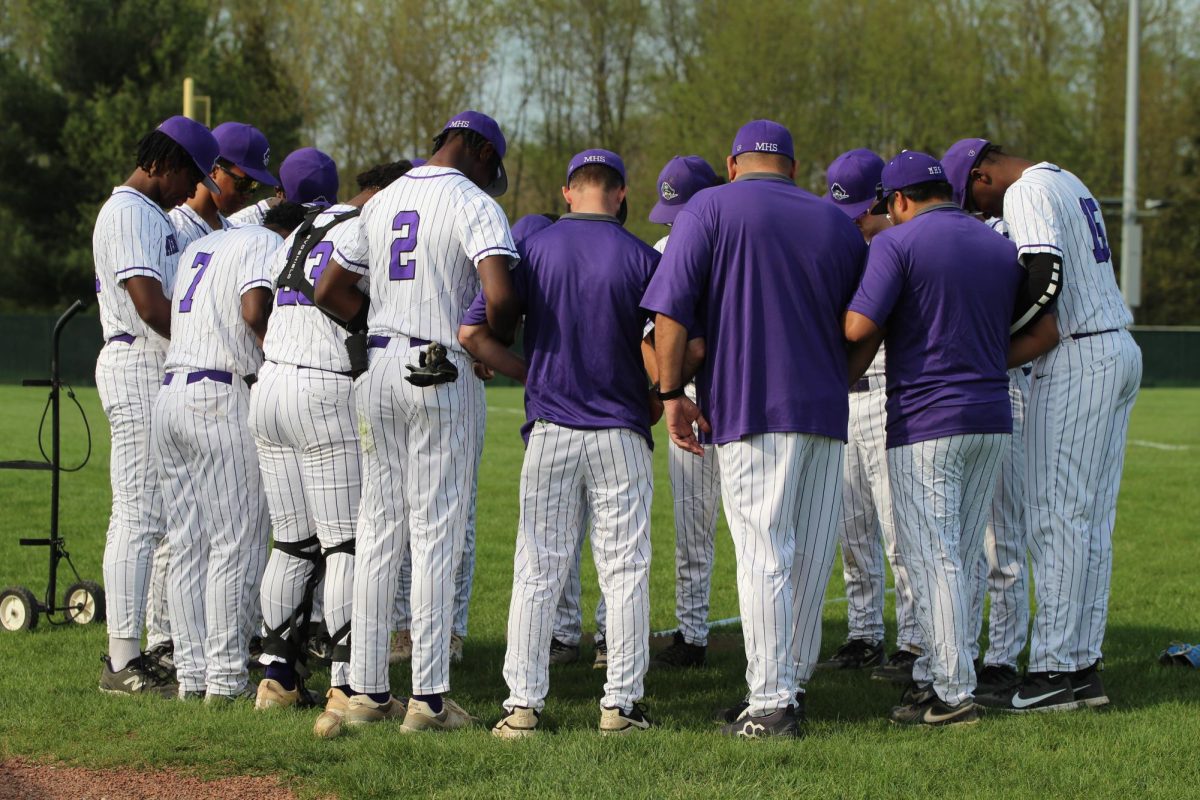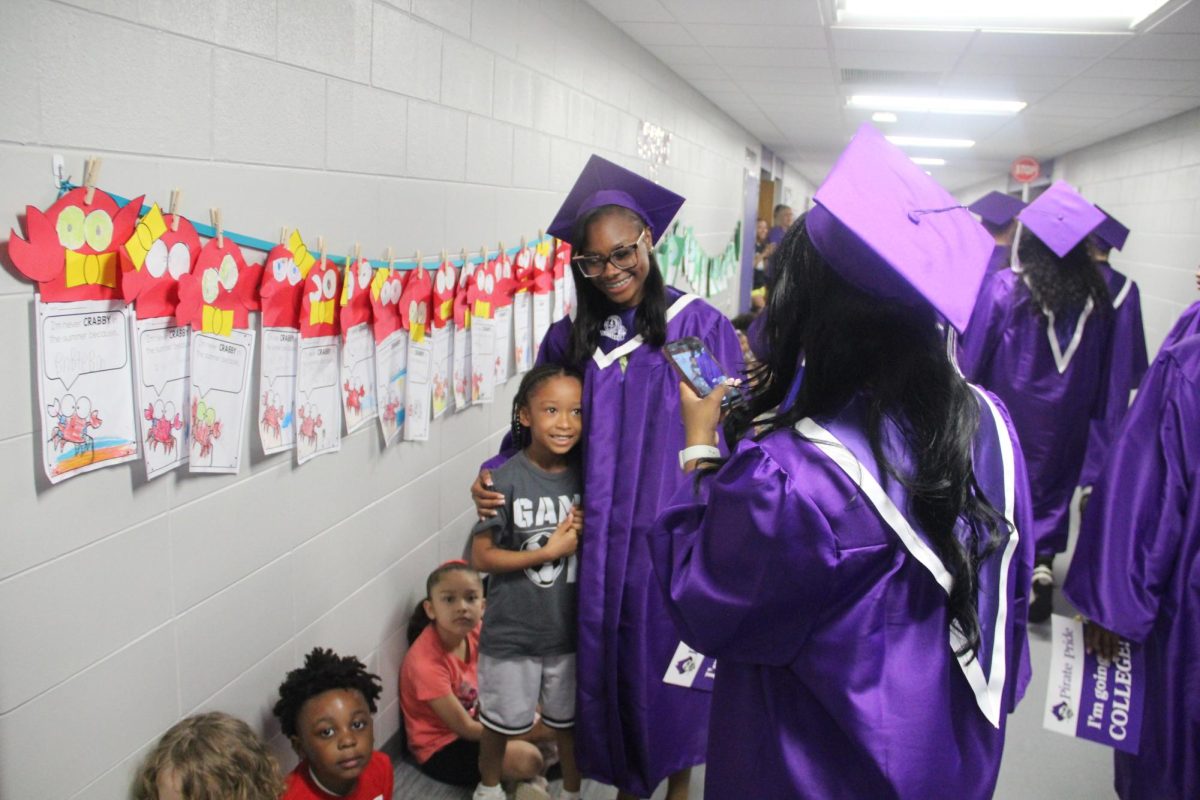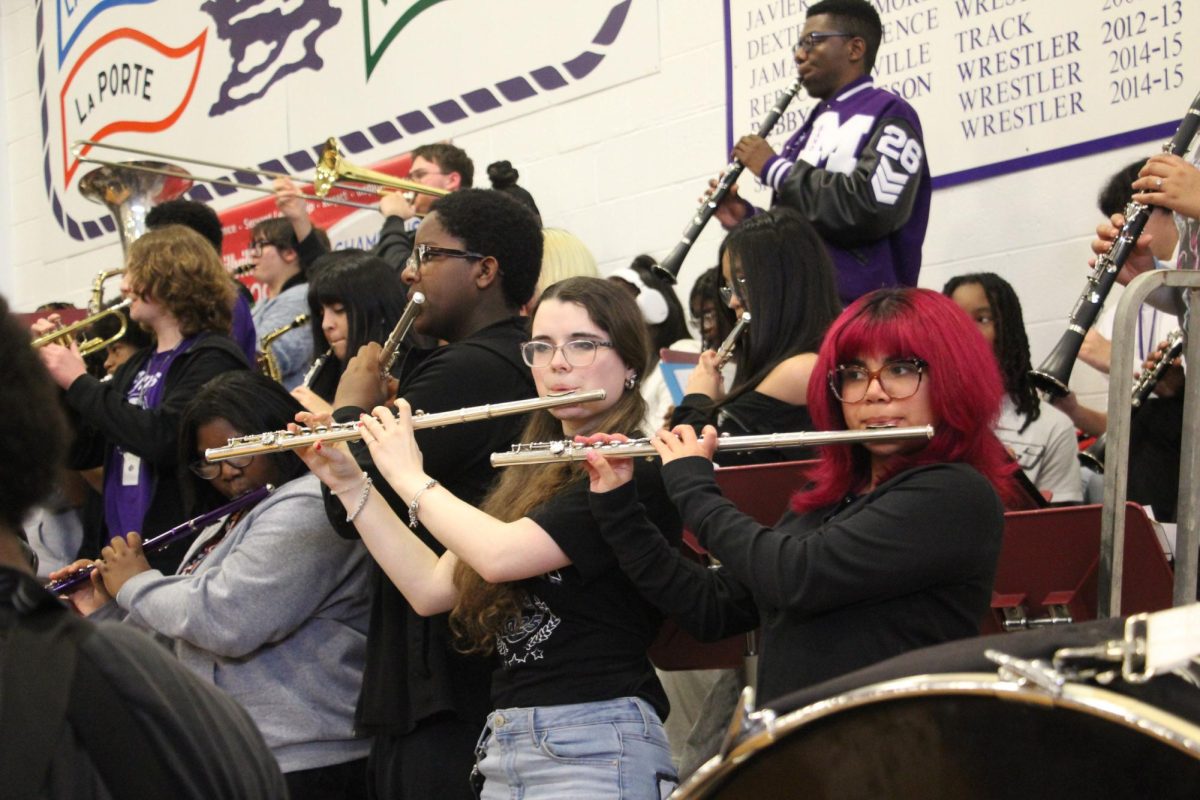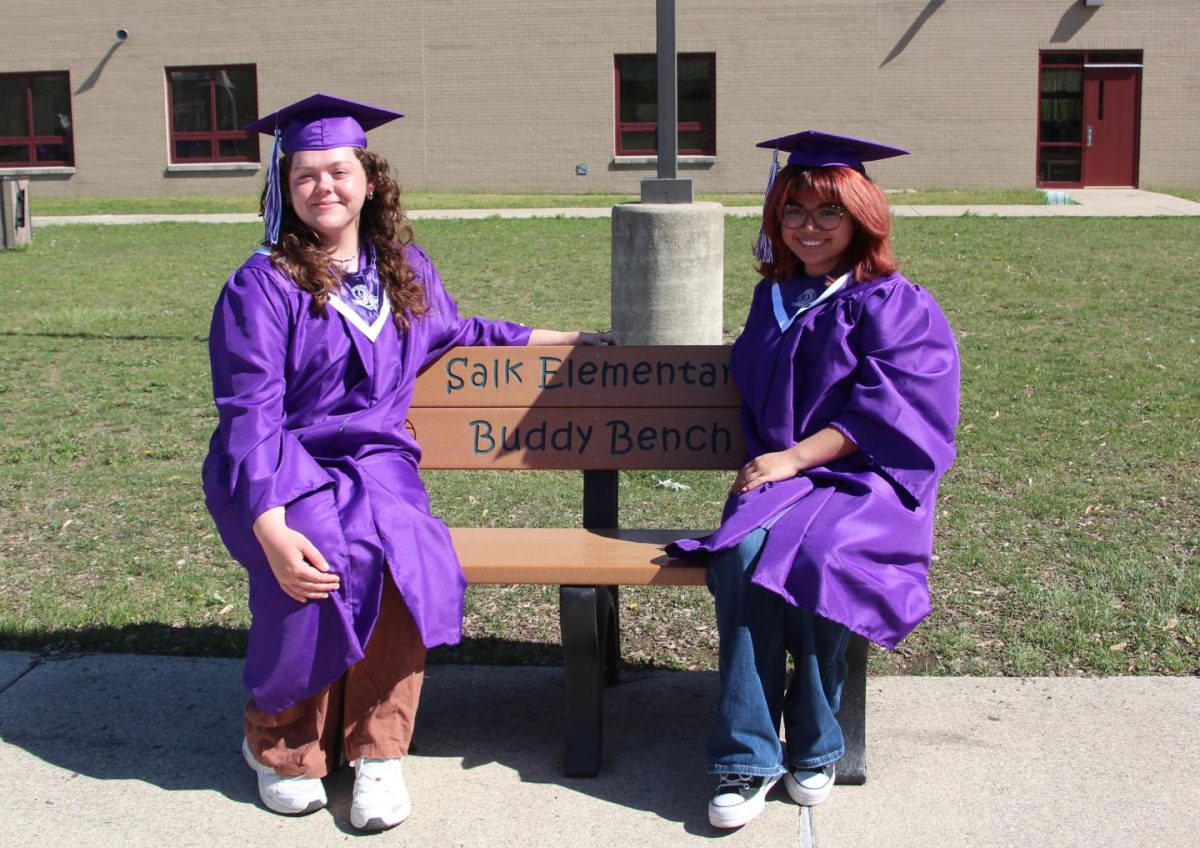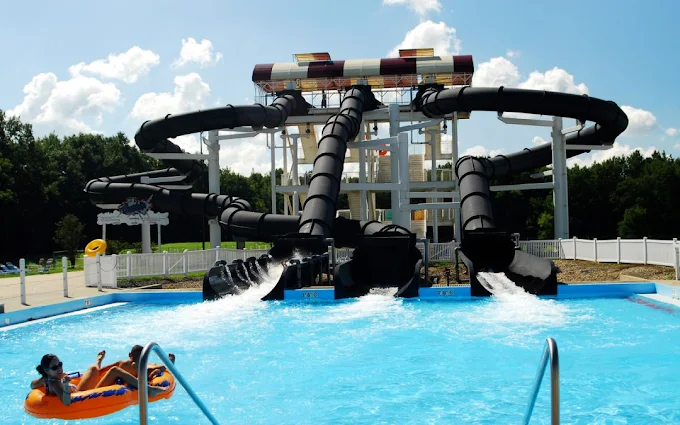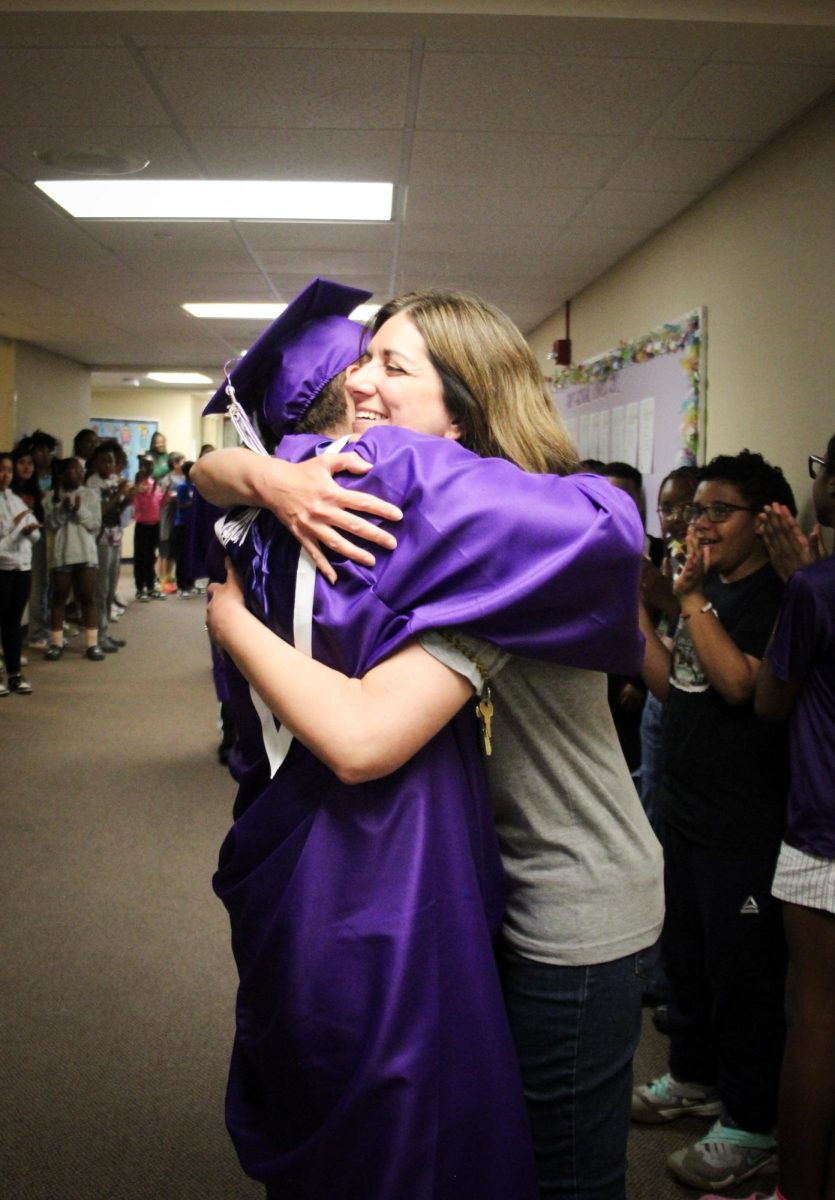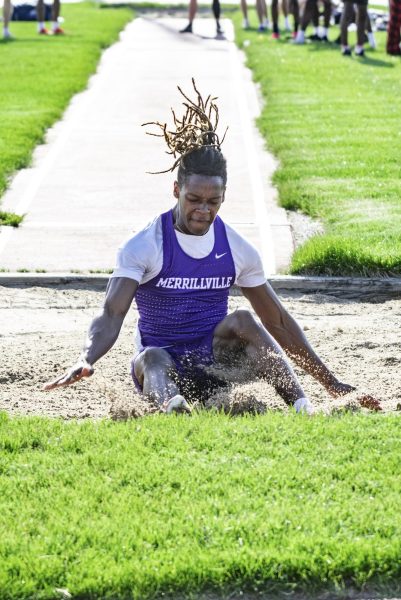Time-management key for successful student-athletes
During a typical week Senior Tyler Wheaton is constantly moving and focused on sports and keeping his grades up. He only has a few hours after work on Sunday to really have some free time to enjoy himself.
“When I get off of work it’s really like four or five hours, that I get to hop on the game or talk with my friends. When I’m not in season I try to work a lot more, but also try to spend as much time with my friends or on my game as much as I can.”
Student-athletes can struggle with managing their time during the season and for the ones that have jobs it is even more difficult. It can create mental exhaustion for a lot of athletes that may affect their play in the game.
“My responsibility of being a student-athlete is pretty big right now with sectionals coming up. There is a lot expected of me being the point guard of the team and keeping my 4.0 GPA, it’s a lot for me right now,” Senior Trinity Allen said recently.
“When I’m not playing basketball I’m still a part of Student Government, senior class secretary, and I’m also a freshman mentor. Sometimes time management can be very hectic especially when we have senior class meetings or freshman meetings; sometimes I forget about it because I’m so in-tune with basketball and school.”
Even with the challenge of managing their time they are both still efficient on the playing field. They both are and have been big pieces of their teams. Wheaton had helped lead Merrillville to three straight semi-state appearances including another sectional title this year. Allen played an important role for the girls team, which suffered a number of injuries.
Joseph Traina is the head baseball coach at Merrillville High School but is also a teacher as well. He also coaches middle school basketball when they are in season. He said that coaching multiple sports is a huge responsibility that takes up a lot of his time each day.
“My brain is constantly thinking of practices and games, routines and strategies, as well as the academic success of my student-athletes,” he said. “Personal time at home is very limited, so it takes a strong passion to dedicate the time and energy for multiple sports. I manage my time by using a calendar. Writing down important dates and color-coordinating between practices, games, and off days.”
He uses the weekends to decompress, relax, and enjoy my personal life away from coaching. “It’s mentally and physically exhausting,” he said, “but the idea that I get to spend this time trying to make student-athletes better men and baseball players drives me to continue doing what I do.”
He graduated from Merrillville High School in 2013 also playing varsity baseball for the majority of his years here. Keeping up with his grades, developing himself, and also trying to find time for himself was no easy task.
“Most of my time here was dedicated to the baseball program,” he said. “We had morning practices from 5:00 – 7:00 AM when I was in high school. This left a significant amount of time after school to continue training. The players would create work out groups and we spent hours after school training together as a team.”
Most high school athletes have practice or game six days a week so it can be very difficult to manage their time efficiently.
“Free time is very limited. I liked to set a list of priorities that received most of my attention every day,” Traina said. “. . . Missing time with friends is necessary for training if you really want to strive to reach your potential.”
“Being a student-athlete is a huge responsibility because there is so much to manage. Trying to manage schoolwork and a social life, while focusing on becoming a better athlete can take up a lot of time. Headspace is limited when you are focused on so many big aspects of your life at once.”




